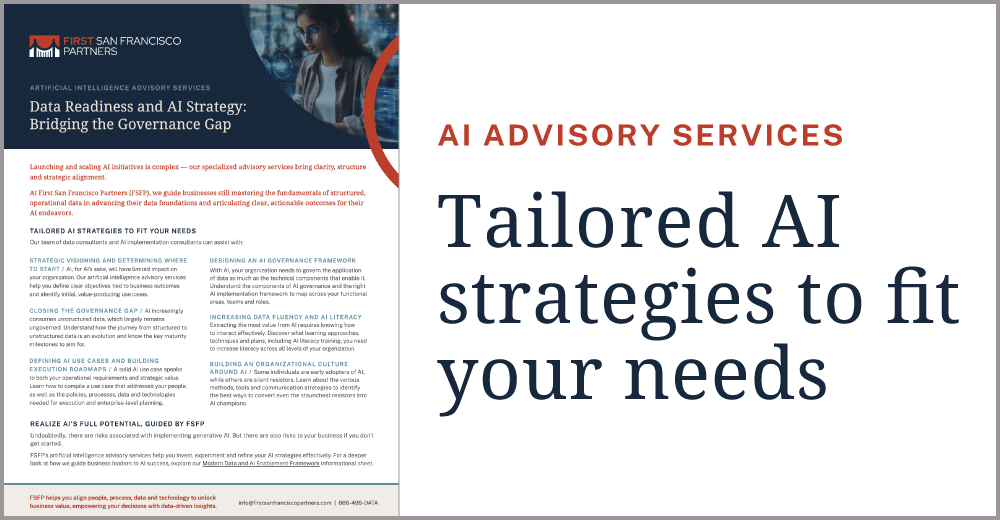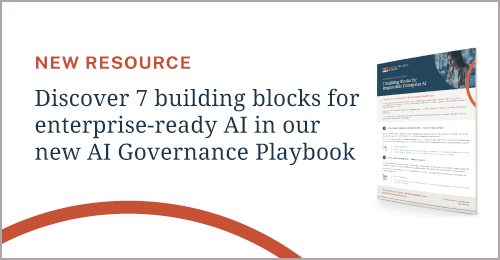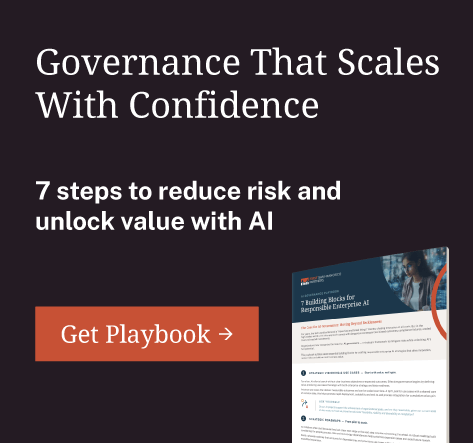Another month, another conference, another recap — this time highlighting the Data Governance and Information Quality (DGIQ) Conference. As a first-timer, I was excited about the focused agenda dedicated entirely to data governance and data quality topics, segmented by diverse offerings (50-minute sessions, three-hour tutorials, two-day seminars, etc.) with learnings for attendees across all maturity levels.
This long-established conference is held in San Diego and co-produced by Deb Tech International and DATAVERSITY. This year was the biggest turnout yet with 600 attendees from all over the world. I only attended tutorials and sessions for three days (it’s a five-day event) and left with new lessons learned, enrichment of domain knowledge and, as always, a sense of community after a few days of connecting with peers, partners, clients and new data-industry friends. This was especially present at DGIQ, with a format that enables practical teaching and sharing.
It was great to learn from and connect with fellow attendees at various stages of their data journeys: some gearing up to launch a governance program, some aiming to advance a stalled one, others celebrating enterprise-wide engagement (kudos to you, Nationwide!) and others tackling data catalog and data quality challenges.
If you weren’t able to attend DGIQ this year, I’ve listed some takeaways and best practices from multiple sessions:
- Develop Vision, Mission and Principles for your data governance (DG) program. Ideally, the vision statement of the DG program should align to the vision of the enterprise, as long as it addresses enterprise data needs.
- Execute a DG Program Communications Plan, ensuring consistent, regular updates are disseminated to key stakeholders and interested parties so that everyone is made aware of and ready for impacts to people, process and technology.
- Be prepared to make “selling” part of your communications to enable data program longevity and leverage different mediums such as email and video.
- Find the right balance to meet evolving needs of different audiences and for different purposes. For example, managing and modeling “trusted data sets” while still enabling users flexibility to explore. Or off-setting collaboration-based governance (for self-serve analytics) with standards-based governance (for enterprise-wide data standards).
- Don’t forget to invest in these four critical success factors for DG success: business alignment, practical execution, engagement and proactive organizational change management.
- The most important thing to prioritize about a data lake is the value of data: the realized difference between what you do with it versus what you do without it. Be prepared to continually measure business value through the lens of increasing revenue, decreasing cost and managing risk.
- Get creative to increase data literacy (and engagement) across the enterprise! Nationwide has achieved incremental success by creating monthly workshops on key data topics/capabilities that allow data stewards to attend with SMEs. They also rolled out an integrated training curriculum with class syllabi packed with learning objectives, prerequisites and action items so the trainings are both educational and hands-on interactive.
- Leverage data debt to communicate and prioritize data-intensive efforts. Data debt is a metric or unofficial measurement depicting what an organization “borrows” when it chooses to not pay for something that is (or will be) needed. Data debt can usually be avoided by funding and executing basic data governance and management activities. (John Ladley writes about data debt here.)
- Invest in enterprise data catalogs for automating the cataloging and tagging of data to enable self-service data discoveries, comprehensive/simplified compliance and data rationalization. Enterprise data growth will be easier to control, and data assets will be easier to find, govern and manage.
- Don’t give up and don’t try to boil the ocean. Remember that the road to data-driven starts with a single step and incremental progress puts you on the path to sustainability.
What were your learnings from DGIQ? I’d love to hear about your takeaways in the comments section. You can catch the FSFP team at the Data Governance Winter conference in December — hope to see you there.
Article contributed by Czarina Carden. She more than 15 years of marketing experience includes working with start-up to midsize, B2B and B2C companies, as well as currently running a small marketing firm. Czarina focus on leveraging customer-first marketing strategies and messaging to create trust, emotional connections and value-add conversations between organizations and their customers.
Array



